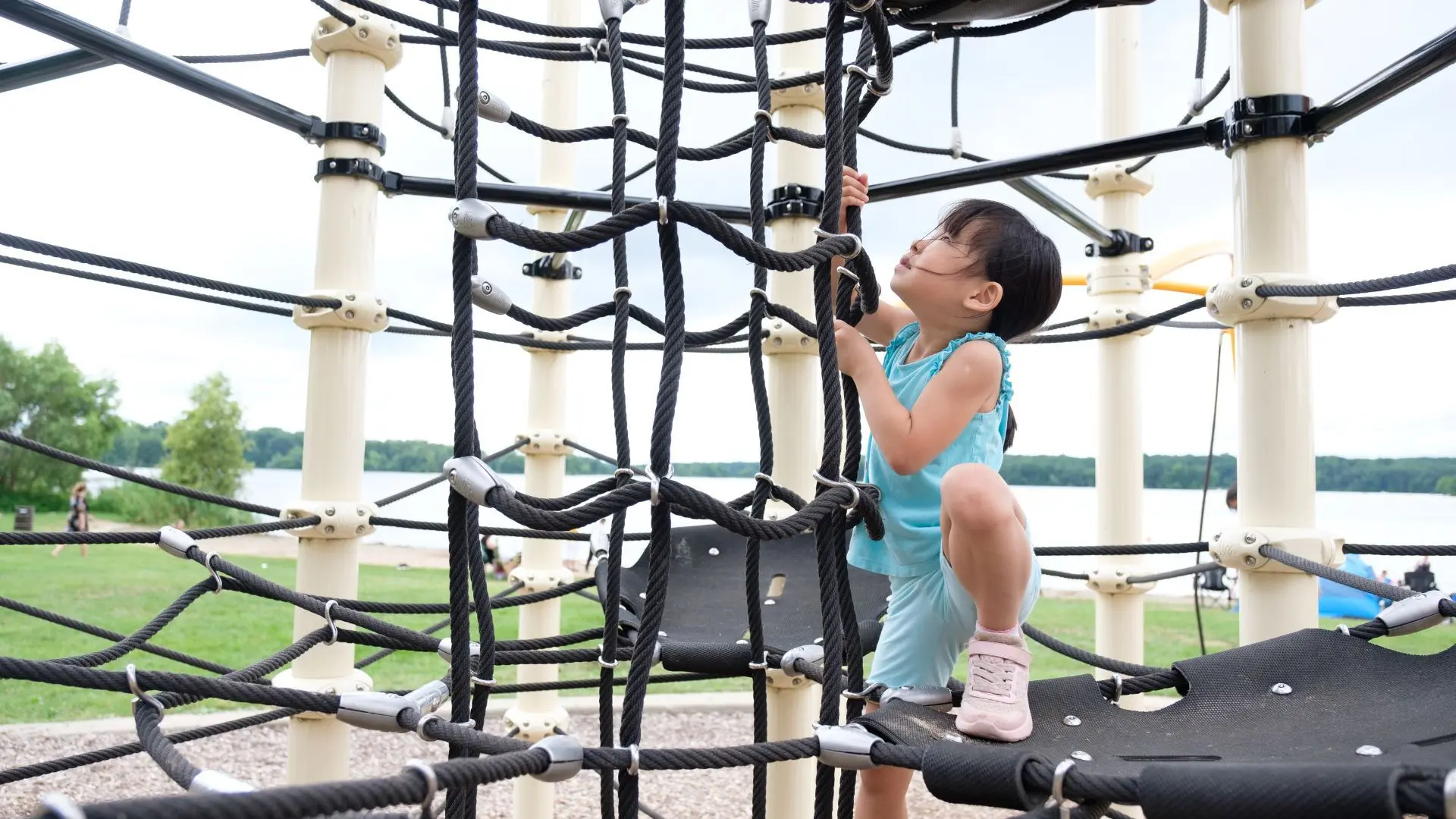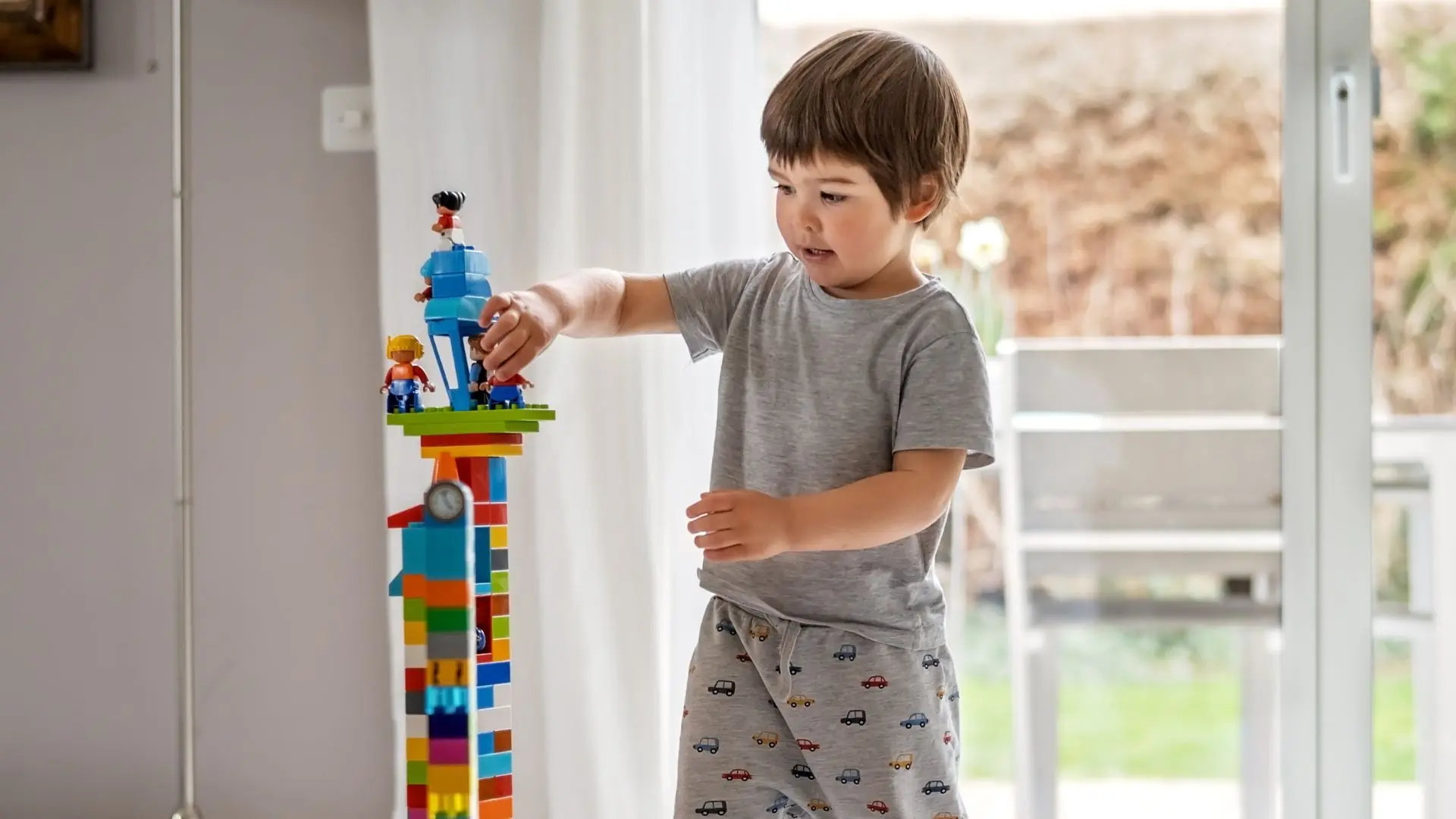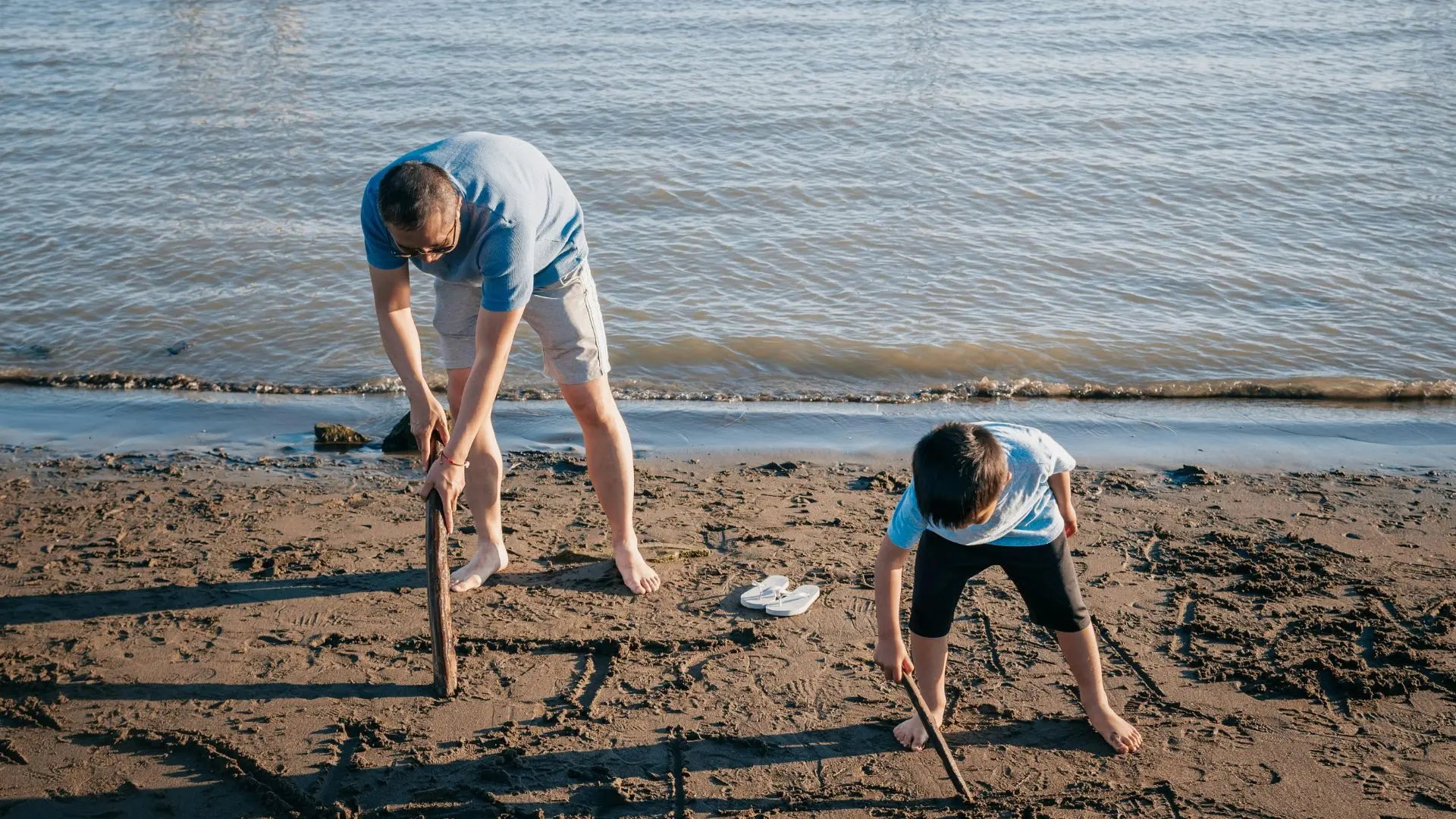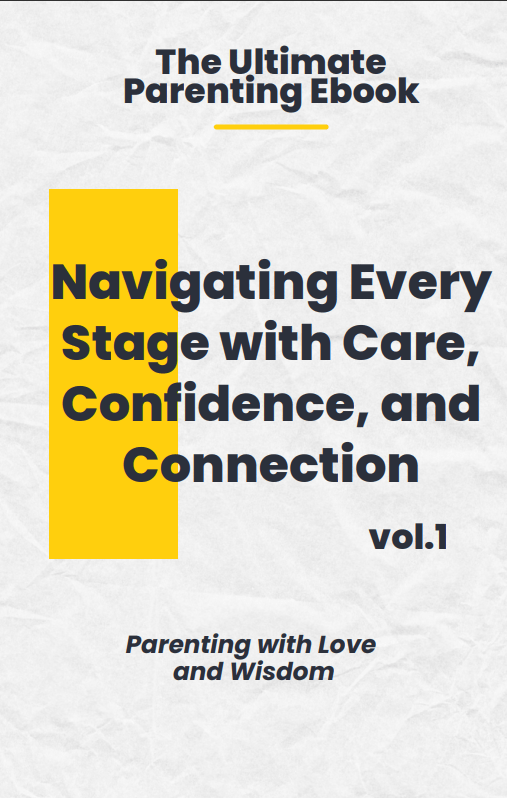Wise parenting means allowing children to face challenges. Discover how this approach fosters resilience, independence, and empathy in our latest blog.

Wise parenting emphasizes the importance of facing challenges head-on, especially in early childhood. As parents, our instinct is to protect our little ones from any discomfort or struggle. However, allowing toddlers to face challenges and navigate struggles on their own can be incredibly beneficial for their overall development. This approach, known as wise parenting, fosters resilience, independence, empathy, and self-worth.
In this blog, we’ll explore how these early experiences can shape your child physically, emotionally, and mentally.
In This Blog
ToggleThe Philosophy of Wise Parenting
Wise Parenting focuses on the long-term benefits of allowing children to face challenges. Rather than providing immediate comfort and solutions, this approach emphasizes resilience, independence, empathy, and self-worth. By embracing the idea that struggles are opportunities for growth, wise parenting helps children develop essential life skills.
This Is How Wise Parenting Benefits Your Child
Physical Development
One of the most apparent areas where wise parenting makes a significant impact is physical development. Allowing toddlers to encounter physical challenges builds their motor skills and physical coordination. For example, when you let your child climb a playground structure or carry light objects, they learn to balance, navigate spaces, and strengthen their muscles.

Consider a day at the park: Your toddler sees a climbing frame that looks like Mount Everest to them. Your instinct might be to lift them up and over it. Instead, watch as they assess the structure, decide on a strategy, and make their way up, step by step. The pride they feel when they reach the top on their own is unmatched. This simple act builds physical strength and teaches them that they are capable of overcoming obstacles.
Emotional Growth
Emotional growth is another crucial area where wise parenting shines. Allowing your toddler to struggle and eventually overcome challenges boosts their self-esteem. They begin to see themselves as capable individuals, which significantly impacts their confidence.
Imagine your child trying to solve a simple puzzle. They might get frustrated and look to you for help. Instead of jumping in right away, give them a moment to figure it out. Encourage them with words like, “I believe you can do it!” When they finally place that last piece, the joy and pride in their eyes reflect their newfound confidence. This approach teaches them that persistence pays off and that they can rely on their abilities.
Mental Development
Wise parenting also plays a vital role in mental development. When children are allowed to face struggles, they develop critical thinking and problem-solving skills. These experiences stimulate cognitive growth and create neural connections in the brain.

Let’s say your toddler is trying to build a tower with blocks. The tower keeps falling, and they become frustrated. Instead of stepping in to build it for them, encourage them to think about why it keeps falling and how they can make it sturdier. This process of trial and error helps develop their analytical skills and fosters cognitive development.
Independence and Responsibility
One of the primary goals of wise parenting is to foster independence and a sense of responsibility in children. By allowing toddlers to face challenges, they learn to be self-reliant and responsible for their actions.

For instance, when you assign your toddler simple tasks like picking up their toys or setting the table, you are teaching them to take ownership of their environment. These tasks may seem trivial, but they build a foundation of responsibility and independence that will serve them well throughout their lives.
Empathy and Social Skills
Allowing children to experience struggles also helps develop their empathy and social skills. When children face challenges, they begin to understand that others may also experience difficulties. This understanding fosters empathy and helps them relate to others’ feelings.
Consider a situation where your child is playing with a friend, and they both want the same toy. Instead of stepping in immediately to resolve the conflict, give them a chance to work it out. This interaction teaches them negotiation skills, empathy, and the importance of considering others’ feelings.
Emotional Resilience
Emotional resilience is another critical outcome of wise parenting. By allowing children to experience and manage their emotions through struggles, they learn to regulate their emotions effectively.

When your toddler faces a setback, like not getting their way at the store, they may throw a tantrum. Instead of giving in to their demands, help them understand their feelings and teach them coping strategies. Over time, they will learn to handle disappointments and setbacks more gracefully, building emotional resilience that will benefit them throughout their lives.
Creativity and Innovation
Struggles can also stimulate creativity and innovation. When children are allowed to face challenges and experience boredom, they are more likely to engage in creative thinking and problem-solving.
For example, if your child is bored and looking for something to do, resist the urge to immediately provide entertainment. Instead, give them space and materials to explore their creativity. They might surprise you by inventing a new game or creating a piece of art. This process of self-directed play fosters creativity and innovation.
Practical Applications of Wise Parenting
Implementing wise parenting in everyday life can be straightforward and highly effective. Here are some practical applications:
1. Real-Life Examples: Share stories from your own childhood where you faced struggles and overcame them. This can inspire your child and show them that everyone faces challenges.
2. Parental Strategies: Use positive reinforcement and encouragement to support your child without rescuing them too quickly. Let them know you believe in their abilities and are there to support them.
Long-Term Benefits of Wise Parenting
The long-term benefits of wise parenting are profound. Children who are allowed to face struggles and overcome challenges develop into resilient, independent, empathetic, and confident adults. They are better equipped to handle life’s ups and downs and are more likely to succeed in their personal and professional lives.
As parents, it’s essential to reflect on the impact of our parenting style and recognize the long-term benefits of allowing our children to face struggles. Wise parenting is not about making life difficult for our children but about preparing them for a successful and fulfilling future.
Conclusion
In conclusion, wise parenting involves allowing toddlers to face challenges and navigate struggles on their own. This approach fosters physical, emotional, and mental development, building resilience, independence, empathy, and self-worth. By embracing the philosophy of wise parenting, we can help our children grow into capable and confident individuals who are well-prepared for the future. Celebrate their individuality and watch them thrive. The path may be tough, but the benefits are limitless.
Parenting a strong-willed child can sometimes feel like an uphill struggle, but the effort is worth it. Remember, the struggles they face today will shape the strong, resilient individuals they become tomorrow. Embrace wise parenting and witness the incredible growth and development of your child.
You may also be interested in : Parenting a Child with Autism: All you need to know




